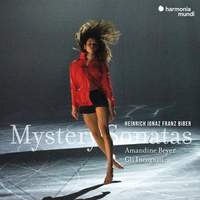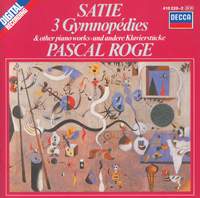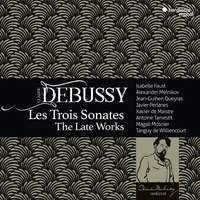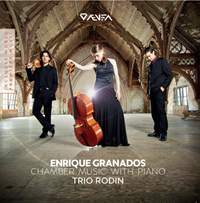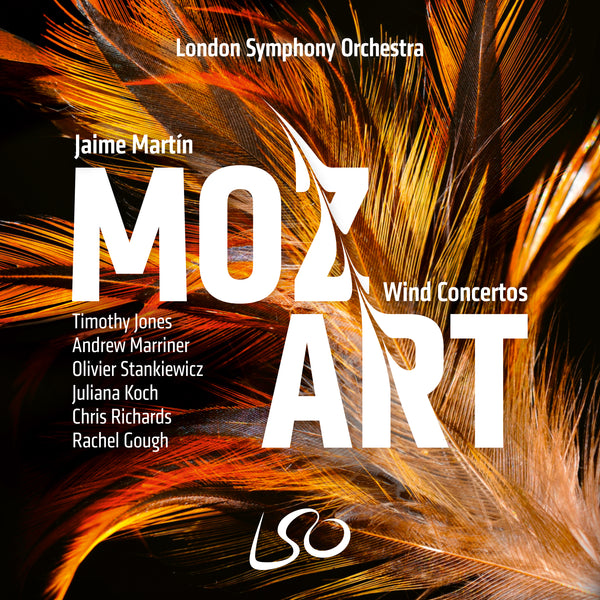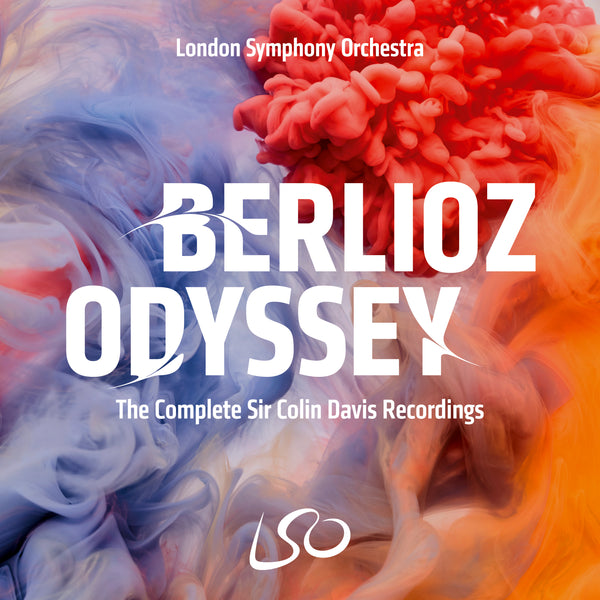We have two different performances of
Mahler - Das Lied von Der Erde today.
The first is this BIS recording. I would normally skip it (unknown conductor, unknown soloist ... and Singapore no less, that cultureless, soulless theme park of a "country"). But I noticed something that piqued my interest - "sung in Chinese".
The original text of
Das Lied featured poems by Li Bai, one of the most famous Chinese poets. These poems were translated from Chinese to German, which Mahler then discovered and used. He left hints of the Chinese context throughout the work, some of the flourishes are distinctly oriental and there is a Mandolin in the orchestra (most easily heard as the accompaniment to the soprano).
Li Bai was not from Canton (Guangdong), and he flourished during the Tang Dynasty. Strictly speaking, they should be singing in Sichuanese. But never mind.
All Chinese dialects are compact. It has fewer words and fewer syllables than Western languages. It is also tonal and depends on inflection to convey meaning. So how does it work in a Mahler song?
Answer: not very well. The singer has to stretch out words across multiple notes because Mahler composed in German. The Cantonese is barely intelligible (I speak Cantonese) because tone and inflection is lost. Granted, I am a bit more critical because I am trying to understand the singing. If you approached it without knowing Cantonese you would have different expectations.
What is great about this recording is the sound quality. It is astoundingly good. Everything is crystal clear, open, and realistic. And that unknown conductor actually does a good job of conveying the pathos of this work. And that unknown soloist is quite good as well, although his voice is a little brittle when he hits high notes - a sign he is trying to sing too loud and taking an operatic approach rather than a more intimate "Lieder" approach.
If you want a more intimate "Lieder" approach, listen to this:
This is an old recording (from 1959) but it is new to me. I am more familiar with his collaboration with Bernstein (1966) or the one with the amazing Fritz Wunderlich and Josef Krips. Fischer-Dieskau has a more intimate, more "Lieder" approach, and this is emphasized by the amazing recording, which sounds like a modern recording. He sounds like he is in the room with you, with the orchestra thrown further back. Fischer-Dieskau is always consistent and has the right amount of emotion and restraint. More restraint than Julius Patzak (who really does sing his heart out) but that's up to your taste.
I have said time and again that lieder is not opera. The emphasis is on the song, the poetry, and the meaning of the words. It usually in an intimate setting - piano, singer, that's it. It is not about expressing drama with colourful costumes and elaborate stage sets in a large opera hall where you have to sing loudly to be heard. So I think the singing has to be different - it needs to be more intimate, with better diction, and not screaming your lungs out. This is at least true for Schubert lieder, but I have found more Mahler and Richard Strauss lieder to be sung in an operatic style. I suppose this is because they have orchestral accompaniments, although the orchestra is usually used as a very large ensemble to supply many different tone colours (Mahler) or to create lushness (Strauss) rather than overwhelming power. I was wondering if other lieder lovers have an opinion on how lieder should be sung?


